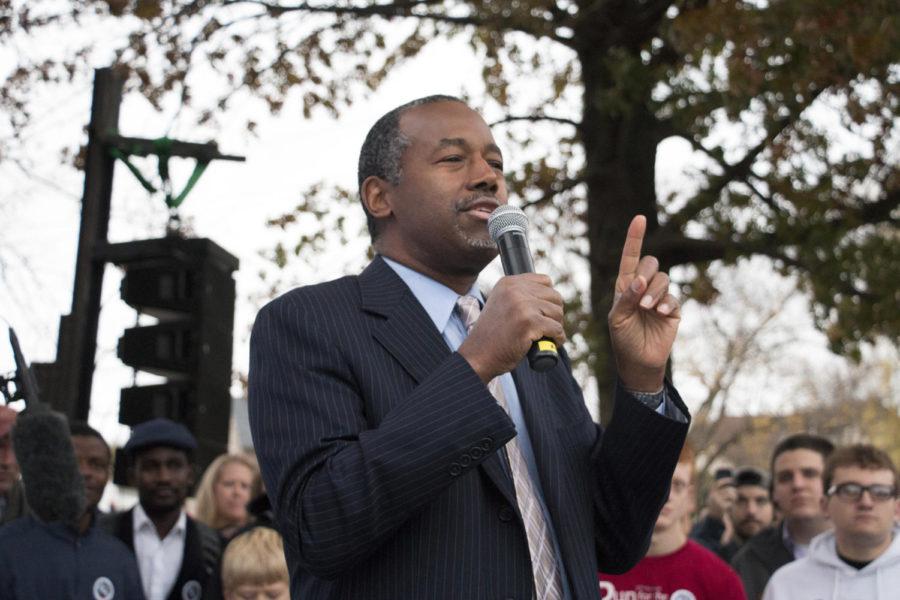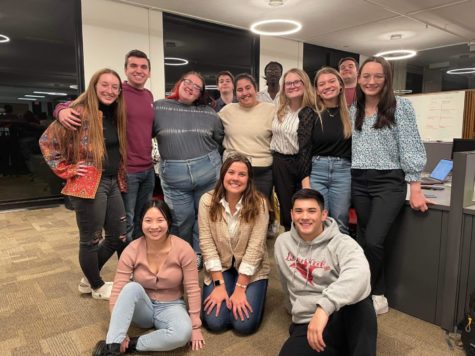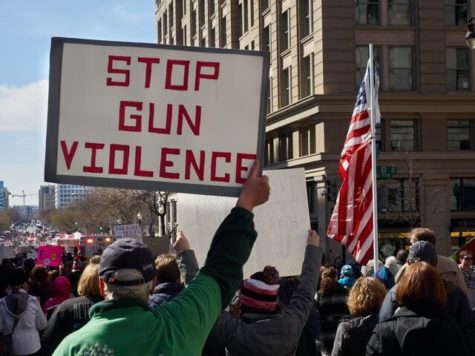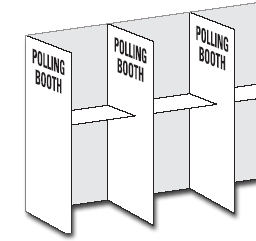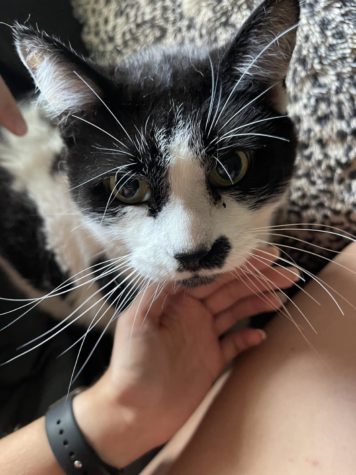Editorial: Candidates should not be allowed to alter debates
Presidential candidate Dr. Ben Carson speaks during an event at Alpha Gamma Rho Saturday morning. Carson, who recently took lead in the polls, spoke about his stance on key issues regarding his presidential campaign, as well as his reasons for running for president.
November 4, 2015
Answering the hard questions is practically in the job description for Republican presidential candidates. But in light of the recent CNBC debate, the candidates seem to be admitting that the questions being asked are just a bit too much.
After what some might call a train wreck of a debate, the candidates themselves are saying they want greater control over how the debates are structured and executed, which would diminish the purpose of the debates. Some of the suggestions coming from the candidates vary from number of contenders on the stage to length of time they have to speak to the actions of the moderators.
The argument is that the debates are to get to know the candidates, not start a cage match. But if the candidates were truly following that definition, they wouldn’t be defining a debate at all.
A debate is defined as a conversation in which opposing arguments are put forth. The time to get to know the candidates takes place during their campaign trails, and the time to figure out how all of the candidates’ views differ from one another is during the various debates.
Putting that point aside, the other huge issue that arises is the possibility of allowing the candidates to have a say about their questions and how they interact with their fellow candidates on the big issues during debates.
If voters can’t count on the debates to accurately compare the candidates’ unscripted views, how will an accurate decision on who to vote for ever be reached?
One of the main points of contention from the candidates about the CNBC debate was how the moderators posed their questions. Ben Carson, Donald Trump and Ted Cruz all felt that the debate was structured to cause a “cage match” between the candidates.
And yes, for TV’s sake, there was some intentional dramatization. It is, after all, a presidential debate, which doesn’t always draw the younger demographic. So adding some extra fireworks is a TV strategy.
But in a sense, the moderators asked questions on behalf of the public.
One of the reasons Trump did so well in the polls this summer was because he was saying what Americans want to hear. The moderators acted in a similar way, asking questions that would clearly highlight the vast differences among all of the Republican candidates.
The presidential campaign thus far has had its fare share of fighting words and controversial actions, which makes determining who is truly the best person to take office in 2016 that much more difficult. Allowing the candidates to alter the live discussion of a debate would only further convolute the campaigns.

